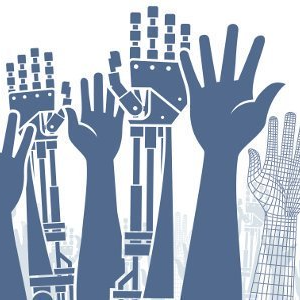Please note that this newsitem has been archived, and may contain outdated information or links.
7 March 2008, Computational Social Choice Seminar, Nicolas Maudet

Abstract:
When distributing the process of solving a problem, it is likely that
the computational task faced by each single agent will be simpler than
that of a central solving entity, but it is also likely that the
communication burden of the overall process will increase. In this talk,
I shall examine the case of distributed reallocative processes of
indivisible goods. In this approach, agents negotiate autonomously and
locally the reallocation of (some of) their resources with fellow
agents, in order to improve their well-being. Having introduced
different ways to measure communication complexity in this context, I
will discuss more specifically the problem of determining the number of
exchanges that are needed for agents to come up with a ``satisfying''
solution. Different situations will be examined, depending on (i)
assumptions on agents' preference structures; (ii) the existence of
various communication constraints; and finally (iii) whether we are
interested in worst-case or average-case analysis. This is joint work
with Yann Chevaleyre and Ulle Endriss.
For more information, see https://www.illc.uva.nl/~ulle/seminar/, or contact Ulle Endriss (ulle at illc.uva.nl).
Please note that this newsitem has been archived, and may contain outdated information or links.